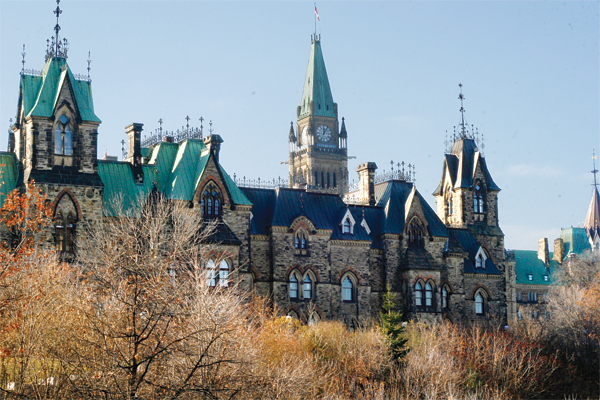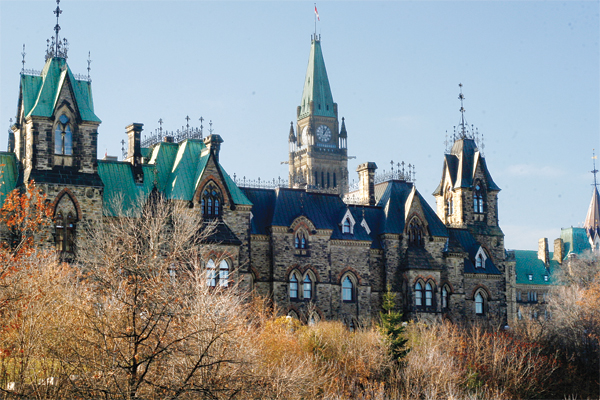The Council of Canadians, the Canadian Federation of Students (CFS) and three private citizens are challenging the Fair Elections Act in the Ontario Superior Court.
The complainants’ lawyer, Steven Shrybman, warned Monday that “the very legitimacy of the government is at issue” if the Fair Elections Act remains in place for this year’s federal election, scheduled for October 19.
The complainants allege that the Fair Elections Act violates Section 3 of the Charter of Rights and Freedoms. They contend that the law “makes it more difficult for voters to prove their residence and identity at the polls,” that “it places restrictions on Elections Canada’s ability to inform electors about their right to vote and the electoral process,” and that it prevents the chief elections officer from fulfilling his necessary duties. If in effect for the upcoming election, they claim, the law would “infringe on and deny the right to vote” and would “infringe on and deny equality rights” guaranteed in the Charter.
The Council of Canadians, a left-leaning advocacy group, has previously funded a court challenge to the Harper government over the validity of the 2011 federal election. That challenge was unsuccessful. Two of the three private citizens involved in the challenge to the Fair Elections Act — Peggy Walsh Craig and Sandra McEwing — were among the eight individuals who contested the 2011 election’s results.
The third private citizen named in the case, Jessica McCormick, is the CFS’s national chairperson. The CFS, a nationwide umbrella group of university students’ associations, opposes the Fair Elections Act because, according to McCormick, “Youth and students are particularly targeted by restrictive voter ID policies and the specific removal of voter education campaigns.”
Pierre Poilievre, minister for democratic reform, tabled the Fair Elections Act last spring. Of particular controversy were the bill’s provisions to replace vouching at polling stations with an oath system and to curb Elections Canada’s efforts to encourage voter turnout. In its original form, the bill included measures to control the chief electoral officer’s public communications — from which Poilievre partially backed down after accusing the current officeholder, Marc Mayrand, of partisan bias. Also abandoned after widespread concern was a measure to exempt from campaign finance limits any resources spent on calling prior donors.
The Fair Elections Act was declared law on June 19 without a single vote from the opposition parties. Liberal Leader Justin Trudeau and NDP Leader Tom Mulcair have both pledged to repeal the law if elected later this year.
Poilievre’s office has yet to reply to a request for comment on the court challenge.
This article was originally published in iPolitics and is republished here with permission through a partnership with the Canadian University Press



